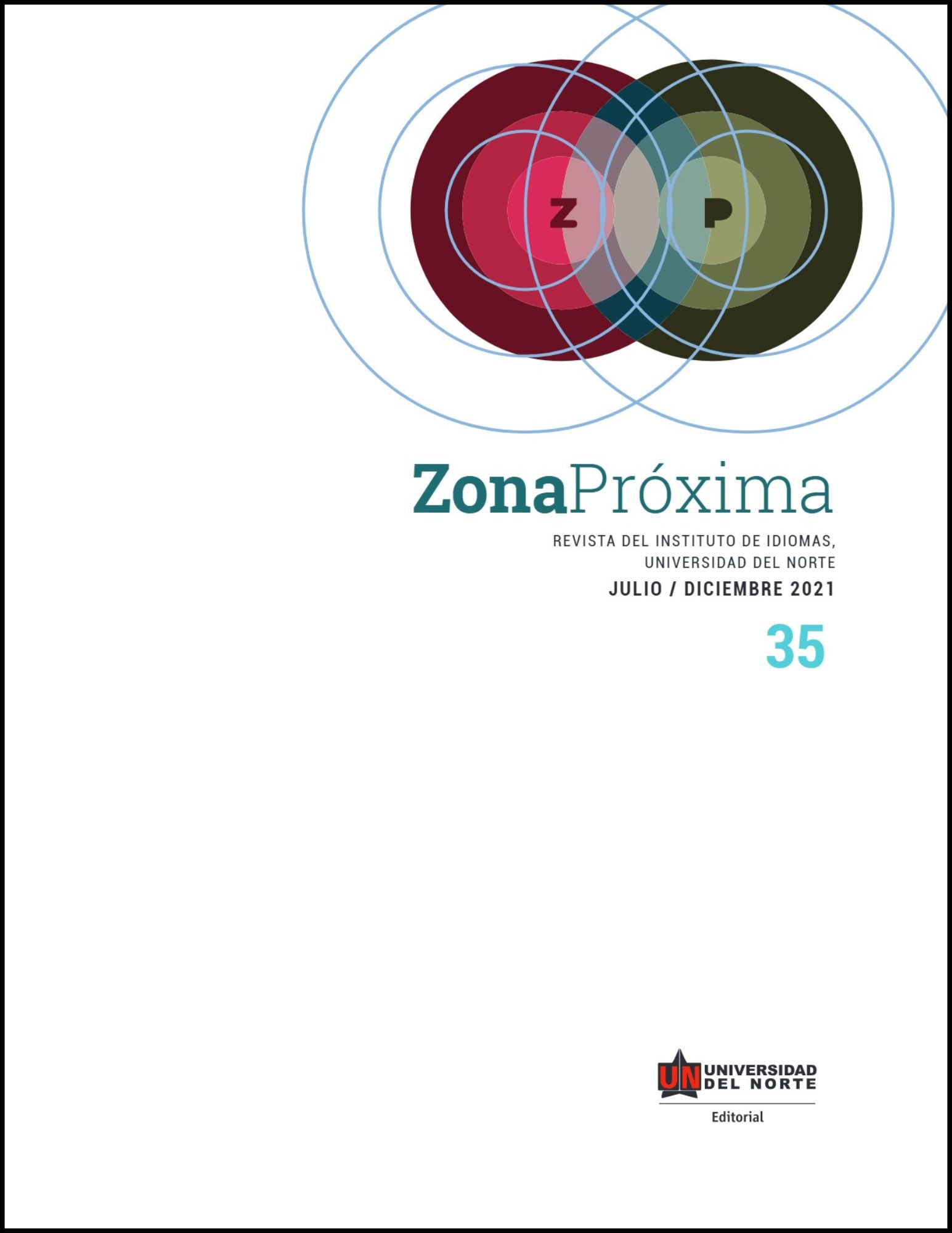Abstract
This article critically reviews Haim Shaked y Chen Schechter’s book, Systems Thinking for School Leaders. Holistic Leadership for Excellence in Education. This work, published in 2017, introduces a novel overview of school leadership inspired by the paradigm of Systems Thinking. Rather than presenting a prescriptive type of analysis, the authors invite readers to rethink school directors’ role as part of a complex and adaptative system. The reflection on the book’s contents and sec-tions is complemented with some critical notes about current school management practices and challenges in a country like Colombia.
References
Archer, M. (2009). Teoría social realista: El enfoque morfogenético. Ediciones Universidad Alberto Hurtado.
Cajiao, F. (2014). Fortalecimiento institucional y liderazgo educativo. Magisterio Editorial.
Coffield, F. (2012). Why the McKinsey reports will not improve school systems. Journal of Education Policy, 27(1), 131-149. https://doi.org/10.1080/02680939.2011.623243
Mania-Singer, J. y Erickson, C. (2018). Book Review: Systems Thinking for School Leaders: Holistic Lea- dership for Excellence in Education. Frontiers in Education, 3(62), 1-2. https://doi.org/10.3389/ feduc.2018.00062
Mingers, J. (2014). Systems Thinking, Critical Realism and Philosophy. A Confluence of Ideas. Routledge.
Ministerio de Educación Nacional. (MEN). (2008). Guía para el mejoramiento institucional de la autoevaluación al plan de mejoramiento. Ministerio de Educación.
Parra, J. D. (2017). El reto de la descentralización educativa: reflexiones desde la mirada de actores nacionales y subnacionales en el caso del departamento del Atlántico. Papel Político, 22(2), 339- 367. https://doi.org/10.11144/Javeriana.papo22-2.rder
Parra, J. D. (2018). Critical realism and school effectiveness research in Colombia: the difference it should make. British Journal of Sociology of Education, 39(1), 107-125. https://doi.org/10.1080 /01425692.2017.1330681
Quintana-Torres, Y. (2018). Calidad educativa y gestión escolar: una relación dinámica. Educación y Educadores, 21(2), 259-281. https://doi.org/10.5294/edu.2018.21.2.5
Rodríguez, A. (2005). El lugar de la gestión pedagógica en la escuela. Aula Urbana, 54, 3-13.
Shaked, H. y Schechter, C. (2017). Systems Thinking for School Leaders. Holistic Leadership for Excellence
in Education. Springer International Publishing.
Tikly, L. (2015). What works, for whom, and in what circumstances? Towards a critical realist understanding of learning in international and comparative education. International Journal of Educational Development, 40, 237-249. https://doi.org/10.1016/j.ijedudev.2014.11.008
Zhao, Y. (2020). Two decades of havoc: A synthesis of criticism against PISA. Journal of Educational Change,(21), 245-266. https://doi.org/10.1007/s10833-019-09367-x


